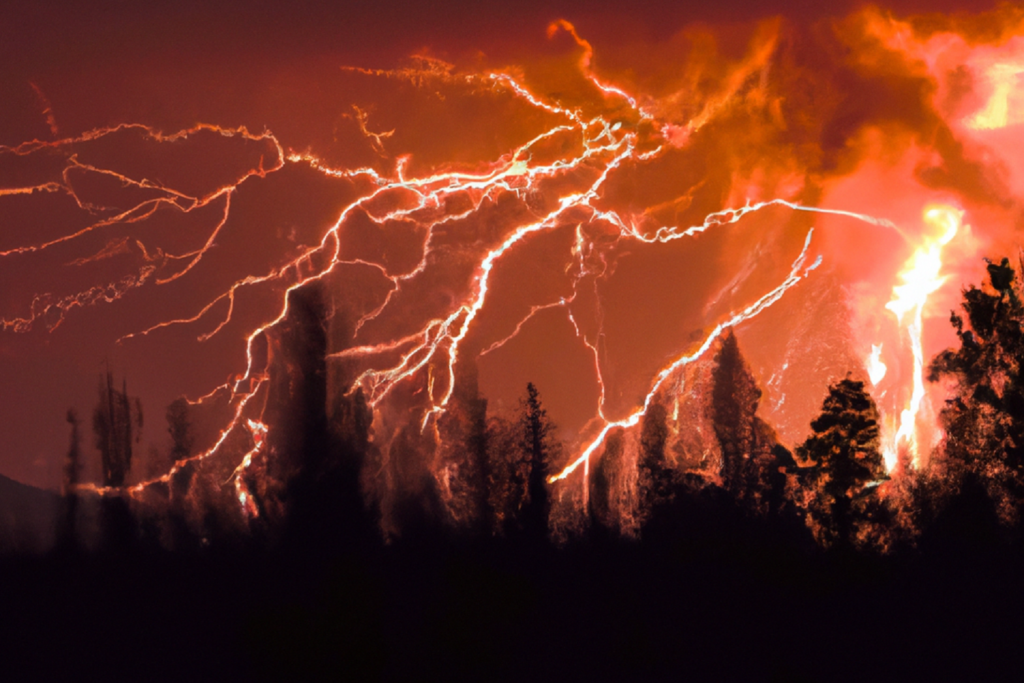A New Economy: Exploring the Root Causes of the Polycrisis and the Principles to Unlock a Sustainable Future
The report examines the systemic flaws of the current economic model, emphasizing ecological, social, and geoeconomic crises. It discusses the interconnected systemic flaws behind the crises and sets out guiding principles to reshape sustainability and accelerate the transition to a new economy.









